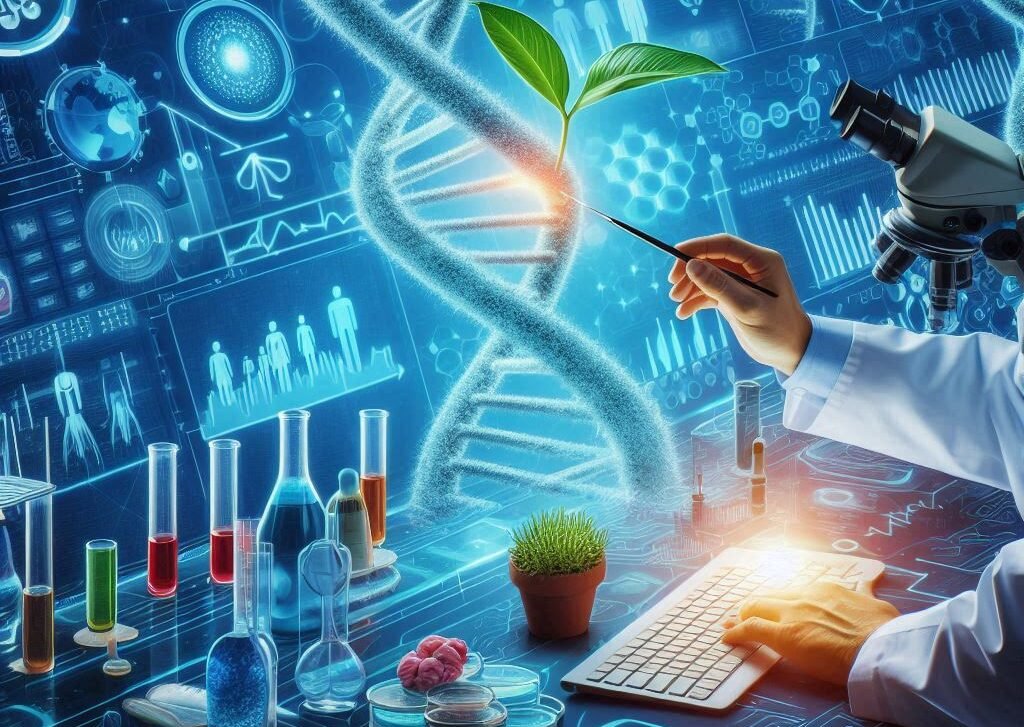The Division of Plant Biotechnology at Sher-e-Kashmir University of Agricultural Sciences and Technology of Kashmir (SKUAST-K) held a one-day workshop earlier this week, titled “Genome Editing for Modern Agriculture,” bringing together a vibrant mix of researchers, students, and experts for a day dedicated to advancements in agricultural biotechnology. The event provided a valuable platform for participants to deepen their understanding of genome editing and explore new research opportunities within this cutting-edge field.
The workshop commenced with a welcome address by Prof. M. Ashraf Bhat, Head of the Division and event organizer, who introduced the program’s objectives. Prof. Bhat highlighted the importance of equipping the next generation of researchers and agricultural experts with modern genetic tools to address challenges in crop production, from pest resistance to climate adaptability. He stressed the role of genome editing as a transformative technology, urging attendees to integrate the insights gained into their ongoing research and future careers.
Read more: SKUAST-K Concludes International Conference on Agrotech Intelligence with Focus on AI
The workshop’s Guest of Honour, Dr. Kutubuddin Ali Molla, a Senior Scientist at ICAR-National Rice Research Institute in Cuttack, Odisha, presented an insightful session on the novel TnpB-mediated multiplexing approach in rice genome editing. This innovative technique offers a promising alternative to the widely used CRISPR-Cas9 and Cas12 systems, expanding the toolkit available to genetic researchers. Dr. Molla also discussed other significant advancements in gene editing, including base editing and prime editing technologies, illustrating successful applications across a variety of crop types. His presentation offered attendees an in-depth understanding of these methods’ potential for improving crop yield, disease resistance, and stress tolerance.
Following Dr. Molla’s presentation, the event featured a series of interactive sessions that allowed participants to discuss the current challenges and opportunities in agricultural genome editing. Attendees explored possibilities for collaboration across institutions, focusing on how these advanced genetic tools could be applied to tackle pressing agricultural issues such as climate resilience and food security. The dialogues underscored the importance of a multidisciplinary approach in advancing agricultural research and technology.
The workshop concluded with a vote of thanks from Prof. Amjad M. Husaini, who expressed gratitude to all speakers, participants, and organizers for making the event a success. He emphasized SKUAST-K’s dedication to fostering a collaborative research environment that drives innovations in agricultural biotechnology.
The event marked a milestone for SKUAST-K in its mission to lead research in modern agriculture, equipping its academic community with the knowledge and tools needed to contribute to India’s agricultural sustainability and food security goals.


